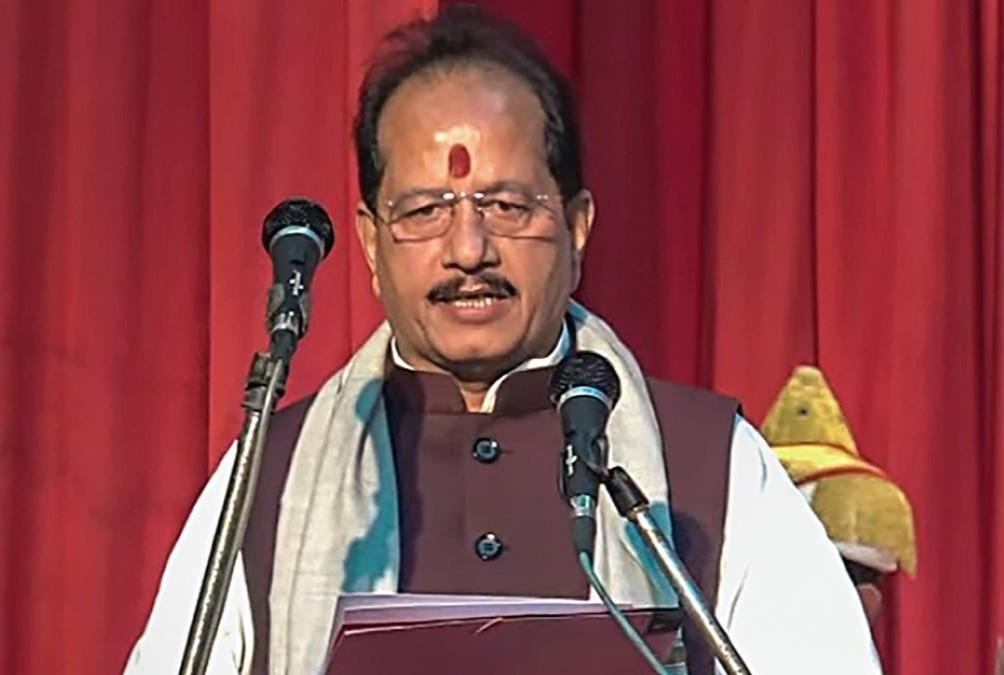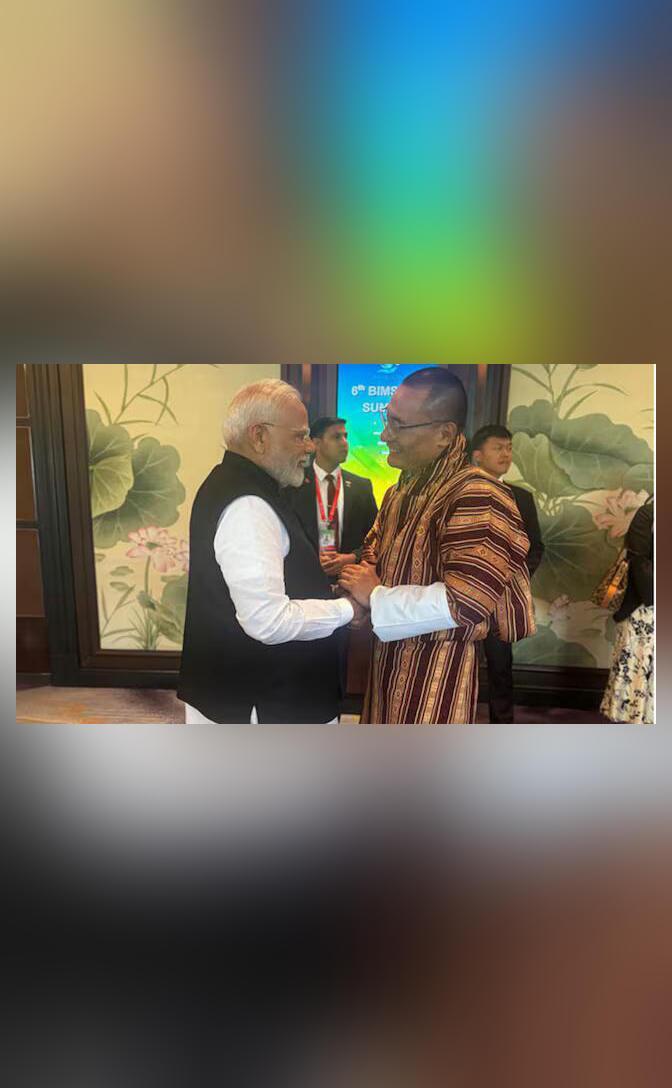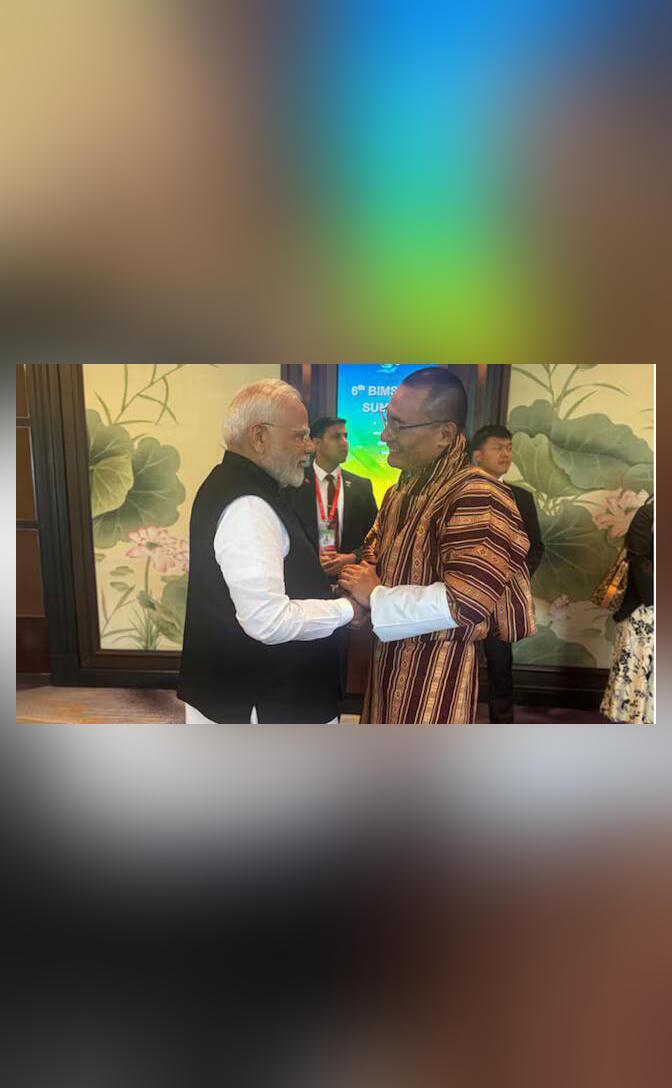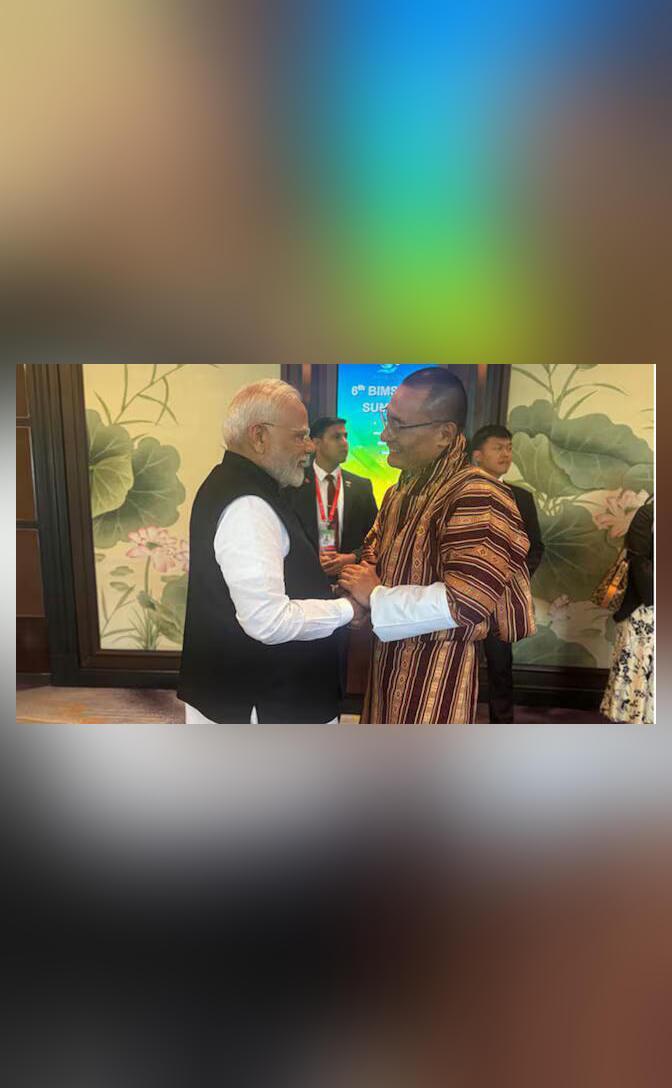
Those who won’t accept Waqf Bill will be jailed: Bihar Deputy CM Sinha
The Waqf (Amendment) Bill, which was recently cleared by Parliament, has sparked widespread controversy and protests across the country. The Bill, which aims to amend the Waqf Act of 1995, has been met with resistance from various quarters, including religious organizations and political parties. However, Bihar Deputy Chief Minister and BJP leader Vijay Sinha has taken a strong stance on the issue, stating that those who refuse to accept the Bill will be treated as “traitors” and will face imprisonment.
Speaking to the media, Sinha said, “Those threatening not to comply with [the Bill] will have to go to jail.” His remarks have sparked widespread outrage and concern, with many questioning the government’s intentions and the implications of such a harsh stance.
The Waqf (Amendment) Bill was discussed in both Houses of Parliament for over 12 hours before it was finally passed. The Bill aims to give more powers to the Waqf Boards, which are responsible for managing and regulating Islamic charitable trusts. However, many have expressed concerns that the Bill will lead to the erosion of the autonomy of these trusts and will ultimately benefit the government.
The protests against the Bill have been peaceful, with thousands of people taking to the streets to express their opposition to the legislation. Many have argued that the Bill is an attempt to impose a uniform civil code, which is a contentious issue in India. Others have expressed concerns about the impact of the Bill on the rights of minority communities, particularly Muslims.
Sinha’s remarks have been widely criticized, with many accusing him of being insensitive and authoritarian. Many have questioned the need for such a harsh stance, particularly when there are ongoing efforts to address the concerns of those opposing the Bill.
The opposition to the Waqf (Amendment) Bill has been led by various organizations, including the Jamiat Ulama-i-Hind, the All India Muslim Personal Law Board, and the Indian Union Muslim League. These organizations have argued that the Bill is an attempt to undermine the autonomy of the Waqf Boards and to impose a uniform civil code.
The Bill has also been criticized by many political parties, including the Congress and the Trinamool Congress. The Congress has accused the government of trying to impose a uniform civil code, while the Trinamool Congress has argued that the Bill is an attempt to erode the autonomy of the Waqf Boards.
The controversy surrounding the Waqf (Amendment) Bill has sparked a wider debate about the role of the government in regulating religious institutions and the rights of minority communities. Many have argued that the government has a responsibility to protect the rights of all citizens, regardless of their religion or beliefs.
However, others have argued that the government has a duty to ensure that all citizens are treated equally and that no one community is given preferential treatment. The controversy has also highlighted the need for greater dialogue and consultation between the government and religious organizations.
In conclusion, the Waqf (Amendment) Bill has sparked a heated controversy, with many opposing the legislation and others supporting it. The Bill has been passed, but the debate is far from over. As the government moves forward with implementing the Bill, it is essential that it engages in a constructive dialogue with religious organizations and other stakeholders to address the concerns and fears of all parties.






